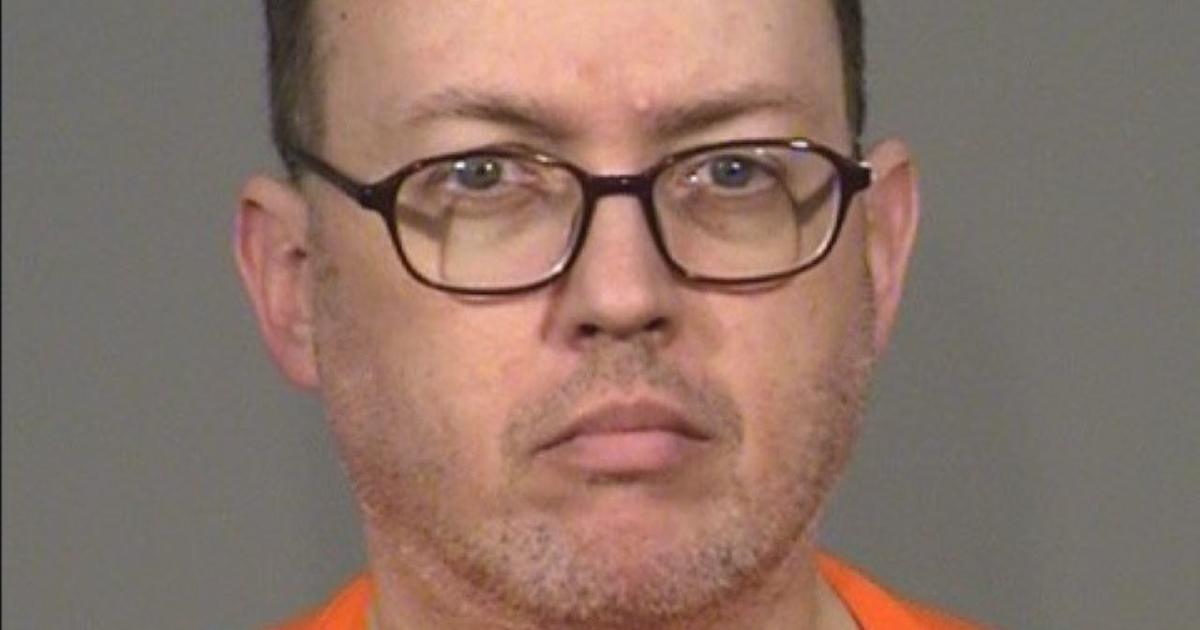Bryan Patrick Miller, who was recently convicted of murdering Angela Brosso and Melanie Bernas in the early 1990s, did not testify at his trial. However, when contacted by a “48 Hours” producer via email, Miller was willing to discuss the case. Despite being found guilty by Judge Suzanne Cohen in a trial without a jury, Miller continues to deny his involvement in the murders. In June 2023, Cohen sentenced him to death. Under Arizona law, the case will be automatically appealed.
When asked about the presence of his DNA on both victims, Miller responded by saying, “That’s the million-dollar question.” He then added, “If I had a provable answer, I wouldn’t be in this situation, would I? It’s a question I want an answer to, but everyone is so convinced of my guilt that it will remain unanswered.”
Currently, Miller is on death row at the Eyman Prison Complex in Florence, Arizona. He refers to his location as SMU, which stands for Special Management Unit. Surprisingly, even death row inmates have access to email. When questioned about life in prison, Miller remarked, “It’s better than county jail, but the effects of isolation are evident among many here. Based on what I’ve observed, the majority of inmates here are not as dangerous as one might think. It’s definitely safer than other parts of the prison, despite the fact that they have nothing to lose anymore.”
Expressing bitterness about his trial, which took place nearly 30 years after the first murder and eight years after his arrest, Miller questioned how he could defend himself and present evidence for a crime that occurred decades ago. He disagreed with the defense’s claim that he suffered from dissociative amnesia and could not remember anything about the murders. He reiterated his stance, saying, “I maintain that I am innocent.”
The Brosso and Bernas murders, known as the canal killings, are featured in the documentary “Unmasking the Zombie Hunter,” available for streaming on Paramount+. In 2014, after Miller was identified as a person of interest, cold case detective Clark Schwartzkopf examined Miller’s social media accounts and discovered a new persona he had adopted around that time. Miller started participating in zombie walks in Phoenix, wearing a homemade costume with a menacing mask and a fake Gatling gun. He also drove an old police car with the words “Zombie Hunter” on the back.
During the trial, Miller’s lawyers argued that his troubled upbringing, largely influenced by his mother Ellen, led to his actions. They claimed that Ellen, who passed away in 2010, had abused him as a child, resulting in mental health problems. The court agreed that Miller had suffered abuse as a child based on psychological evidence presented throughout the eight-month trial. Miller wrote, “My mother was not a good person in many ways, but it helped that when I was an adult, she acknowledged her terrible actions and apologized.”
At the time of his arrest in 2015, Miller was a divorced father raising a teenage daughter. Friends and even a detective working on the case attested to Miller treating his daughter well. Not being able to see his daughter is Miller’s biggest regret about being imprisoned. “What I miss the most is spending time with my daughter and friends,” he expressed.


